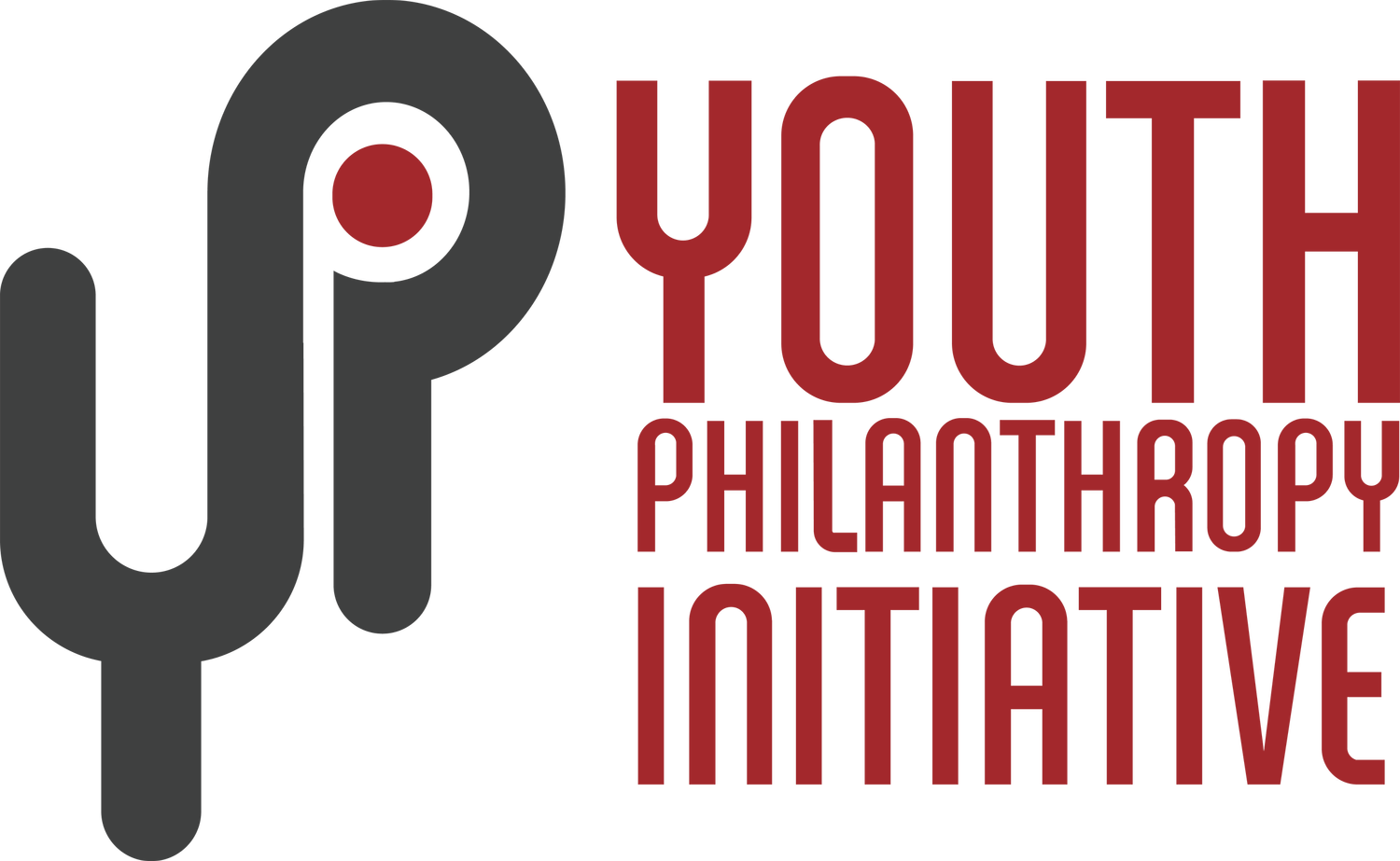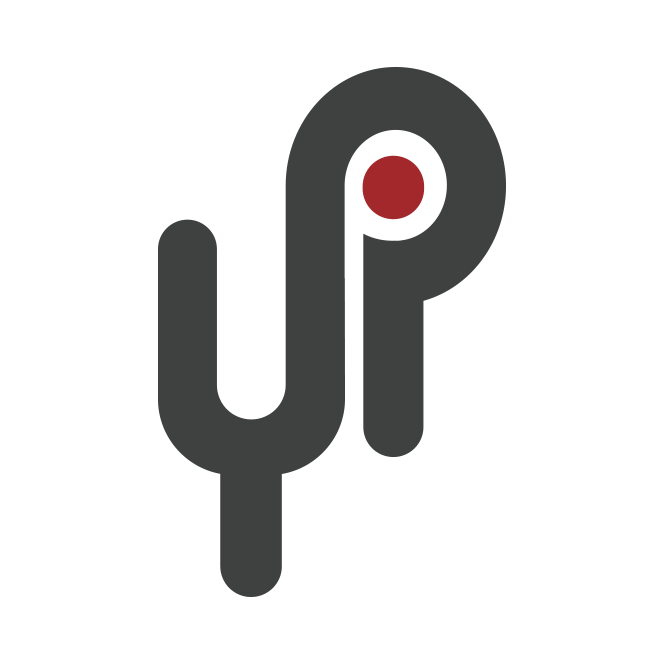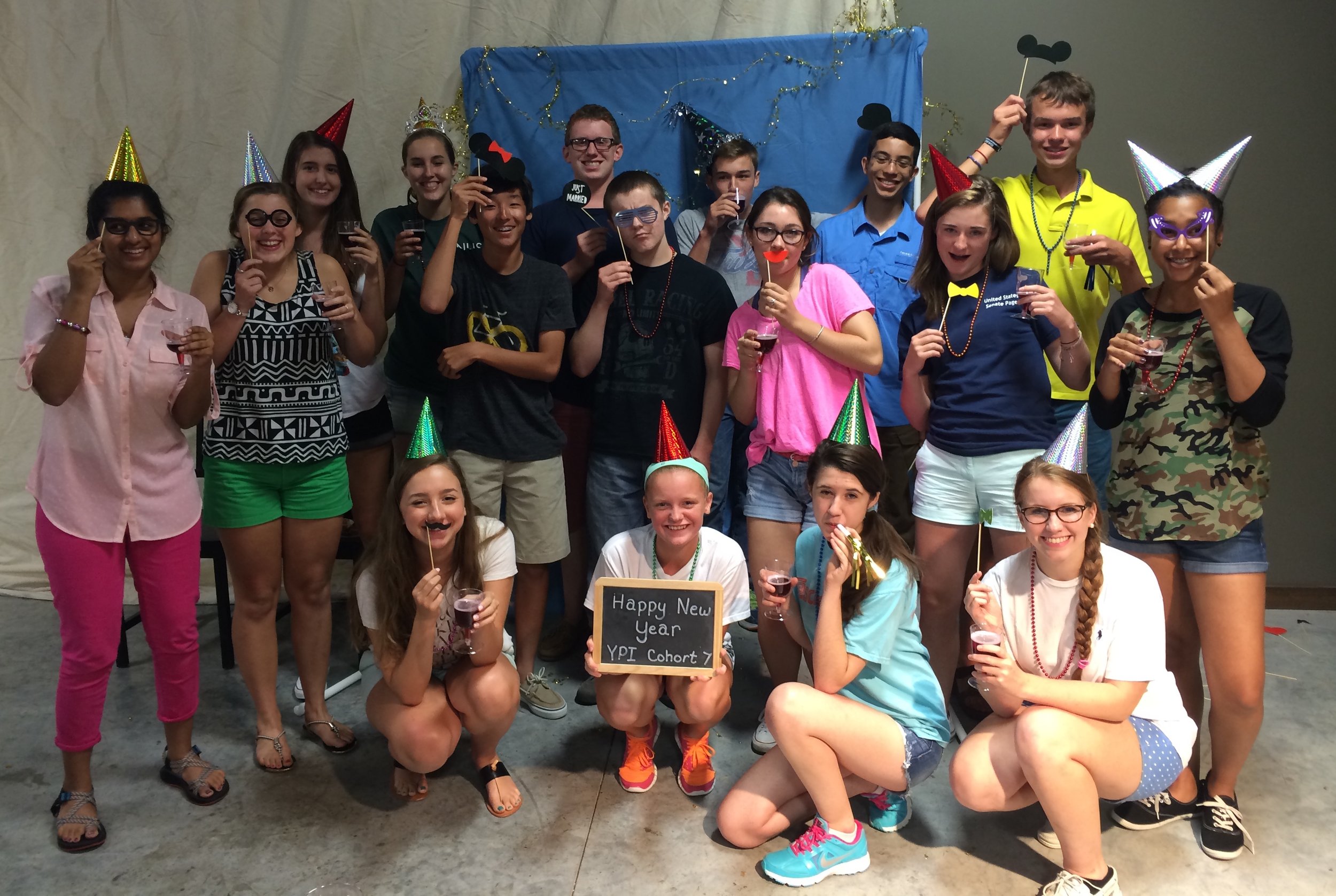Cohort 7: Special Needs Socialization
Cohort 7’s mission was to be a positive force for the inclusion of teens with special needs. The MESH Connect project worked to create inclusive social environments at school and integrate students with special needs into the general education population.
To tackle this challenge, the cohort worked to create systematic change in the way schools approached the integration of students with special needs in the general education population. Elements of their project included:
Increasing general ability awareness among students. The cohort created educational videos focused on education for their peers by raising awareness about various special needs and how to be more knowledgeable and sensitive about students in this population.
Direct fellowship with students with special needs through the MESH Connect lunchtime social club, whereby student volunteers would connect with special needs students on a weekly basis to grow friendships and participate in a planned activity (game or craft).
Creation of new structures for school administration to meaningfully support special needs integration. The Cohort created an audit process for schools to self-as sess their performance in integrating students with special needs. According to the students’ vision, the audit would be complemented by the creation of a school- based steering committee (composed of administrators, students and parents) tasked with advancing integration outcomes.
In their third year, Cohort 7 partnered with Union High School to pilot the MESH Connect program. MESH was highly successful, with over 100 student volunteers regularly engaging with 40-50 students with special needs.
Based on their success with Union, the Cohort decided to convert MESH Connect into a franchisable model that other schools could freely adopt. A group of students hosted a booth at the annual Oklahoma Student Council State Convention in 2014 to promote the program and create connections for other Oklahoma schools to adopt it. The students also meet with TPS Superintendent Debra Gist to explore options to expand MESH to other TPS schools.
Ultimately, Cohort 7 chose to partner with the Arc of Oklahoma to become the program’s long-term home. The Arc’s mission is to promote the rights and full inclusion of those with intellectual and developmental disabilities. The cohort gifted their remaining project funds to the Arc to support a new position, Student Inclusion Coordinator, to continue MESH programming. The Arc continued to oversee the implementation of MESH in Tulsa-area schools for five years, through 2020. The program was ultimately discontinued with the outbreak of COVID-19.
Reflecting on the collaboration with YPI, Lisa Kelly, Chief Executive Officer of the Arc, notes that “There was relatively little awareness or work being done in schools at that time... I was thrilled and amazed that a group of students recognized the lack of inclusivity in their high school and decided it was something they wanted to work on.” Looking forward to the Arc’s upcoming 70th anniversary, she is actively exploring ways to continue to grow youth voice and perspective at the organization to advance its mission.
Beyond the partnership with the Arc, MESH Connect lives on through the continued activity of Cohort 7 alumni. Alumnus Christopher Loerke reflects that he felt himself drawn back to the issue while pursuing an undergraduate degree at the University of Oklahoma. Christopher recalls his concern that individuals with special needs lacked opportunities to have a college experience:
“One of the girls I met in MESH had down syndrome. I learned that she was going to leave the state in order to go to a special college program in Missouri. I thought it was a shame she had to leave the state to do that. I talked about it with [YPI Director Adam Seaman] and he encouraged me to try to address it. I learned that in every state except Oklahoma and West Virginia, students with special needs had access to college transitional programs. That really motivated me to do quite a bit of research. I spoke to lots of programs across the country to learn their best practices. I shared what I learned with stakeholders at OU and was able to connect with professors who were also interested in developing a special education program. We teamed up, and the program was ultimately approved by OU.”
According to the OU website, the “Sooner Works is a four-year comprehensive integrated program for students with an intellectual or developmental disability who desire a postsecondary experience on a college campus. Students in Sooner Works live on campus and take traditional university courses in conjunction with courses specific to Sooner Works. In addition, students participate in internships and social organizations on the beautiful University of Oklahoma campus.”
The program launched in the fall of 2019, and the first cohort of three students graduated in spring 2023. Christopher, who is now at OU’s Medical School, continues to serve on the program’s board. According to Christopher, “we currently have 40 students enrolled. Everyone from our first graduating class has a job in the OKC community and is on track to lead independent lives.”
“[Sooner Works] would not exist without YPI,” Christopher reflects. “I consider it the accomplishment of my life.”




